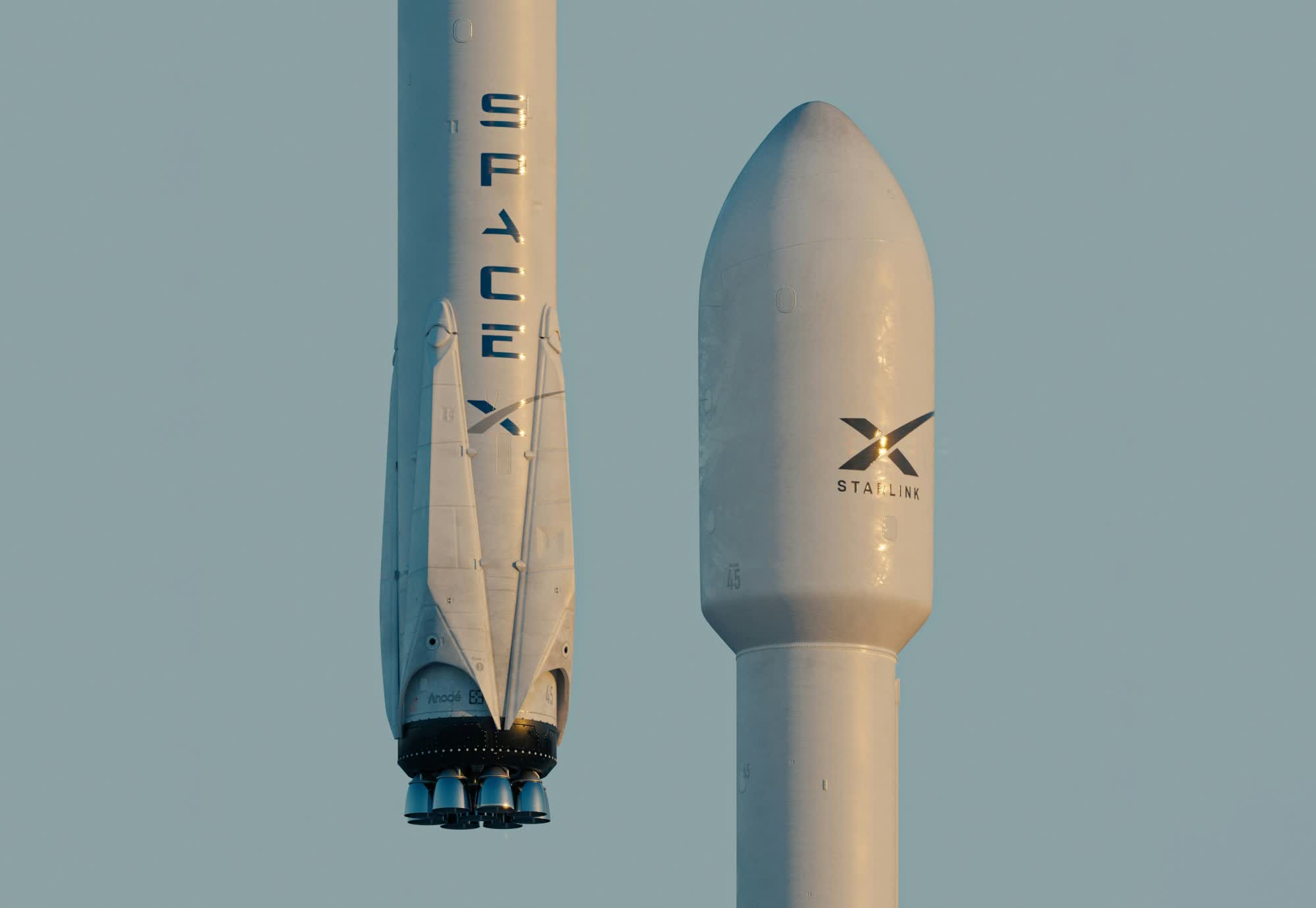In brief: SpaceX's Starlink satellite Internet service has surpassed four million subscribers across more than 100 countries around the globe. It's a significant milestone for an ISP that has offered a commercial product for less than four years.
Getting to this point didn't happen overnight. SpaceX's plans for a constellation of Internet-enabling satellites started taking shape in the mid-2010s, but the actual development phase wouldn't kick off until late 2016. The first batch of fully operational Starlink satellites was launched in May 2019, and a public beta kicked off the following year. Commercial service started rolling out in 2021, and service availability has been expanding ever since.
Growth has come on rather quickly. SpaceX passed the one million active subscriber mark in late 2022, reached two million subs by September 2023, and crossed the three million mark this past May. Adding one million subscribers in just four months is certainly eye-catching, and proves without a doubt that demand for satellite-based Internet service exists.
As of September 2024, SpaceX has launched just over 7,000 Starlink satellites, although not all of them are operational. In July, for example, a batch of satellites was lost due to a rocket failure.

Still, SpaceX isn't having trouble finding customers to sign up for its service. Earlier this month, United Airlines announced plans to install Starlink service on its entire fleet of aircraft. The rollout will take multiple years, and trials aren't expected to start until early 2025. When it does arrive, it'll be free for all passengers and should allow for bandwidth-intensive activities like watching live television, gaming, and streaming while in the air.
Earlier this year, market research firm Quilty Space said it expected Starlink to generate $6.6 billion in revenue this year – and that was before the latest subscriber figures were made public.
Starlink's success has surprised many. Qulity Space founder Chris Quilty said in May that many industry veterans scoffed when companies like SpaceX and OneWeb announced their mega constellations years ago.
Image credit: Evgeny Opanasenko, Anirudh
